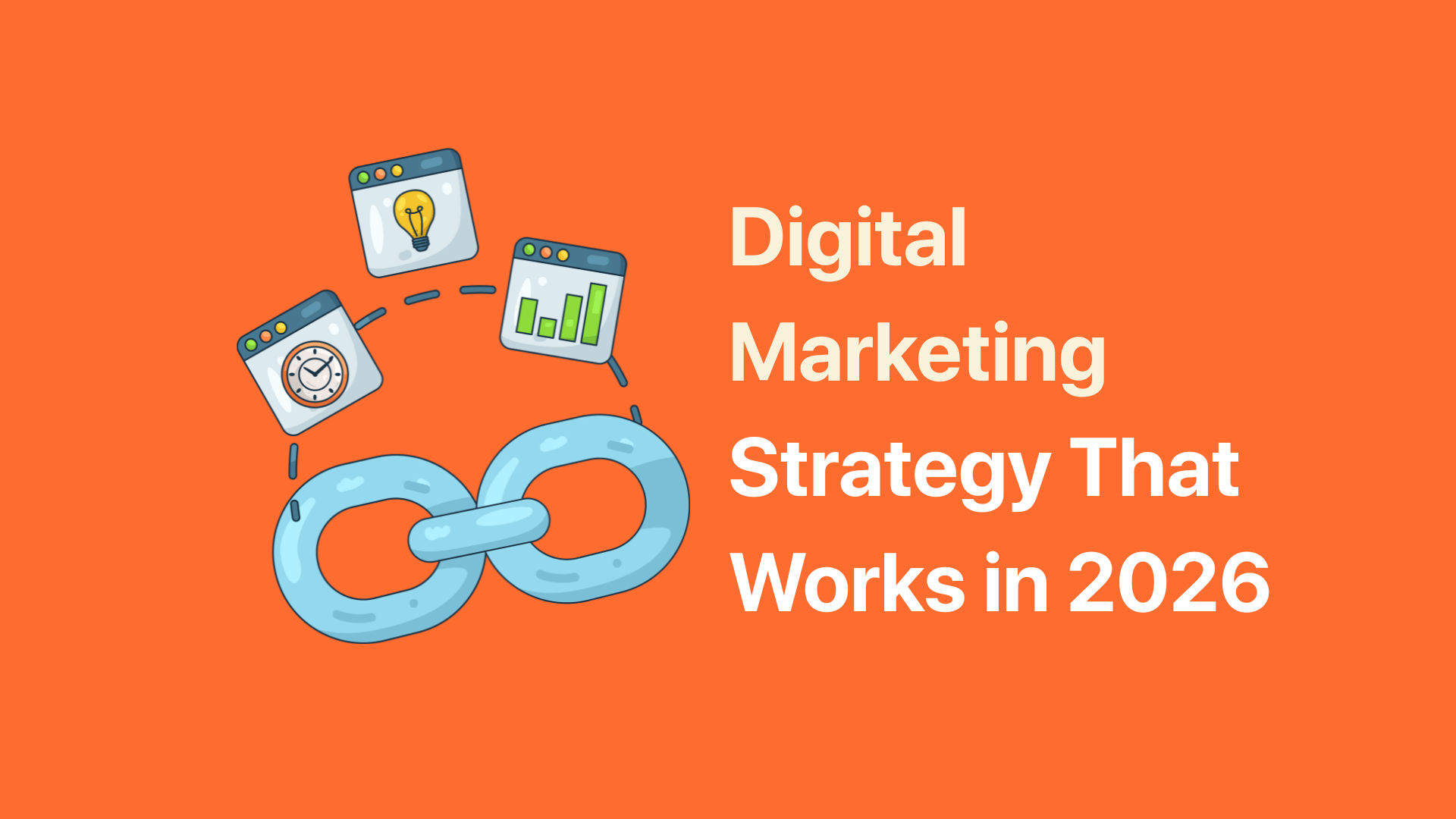How to Use SEO to Attract More Clients
In the digital age, the visibility of your business online is not just an advantage; it's a necessity. Search engine optimization stands at the forefront of this digital reality, serving as a critical tool in drawing potential clients to your website. Whether you're new to SEO or looking to refine your existing efforts, this post will help you understand how you can harness its power effectively.
Understanding SEO Basics
SEO is the practice of increasing both the quality and quantity of website traffic, as However, given the complexity of SEO, it is worth mentioning that such an option exists. Now, let’s dive into the tips!well as exposure to your brand, through non-paid (also known as "organic") search engine results. Unlike paid advertising, SEO is about understanding:
a. what people are searching for online;
b. the answers they are seeking;
c. the words they're using;
d. the type of content they’re looking for.
Knowing the answers to these questions allows you to connect to the people who are searching online for the solutions you offer.
The Cornerstones of SEO
At the heart of SEO lies the use of keywords. Keywords are specific words and phrases that people use when they're looking for something online. Brands use these same words on their websites and in their online content to connect with prospects who are looking for their products and services.
However, SEO isn't just about the words on your webpage. It also involves the structure of your site and the ease with which search engines can crawl your site and index your content. A clear hierarchical website structure not only improves navigation for visitors but also helps search engines understand the relationship between your pages, boosting your chances of ranking for relevant queries.
A well-structured website, with clear navigation and an efficient internal linking strategy, not only delights users but also significantly helps search engines understand and rank your content efficiently. User experience is a crucial factor for SEO because search engines like Google prioritize websites that deliver valuable and user-friendly experiences.
SEO Agencies
As you can see, there’s a lot to unwrap. While keywords and user experience are considered one of the essential ranking factors, there are dozens of others. Trying to get the algorithm to like your website can be a hassle.
That’s why SEO agencies exist. By choosing to work with an SEO company you as a business get instant access to resources that can push your site higher in SERPs, with less effort on your side.
We’re not saying that you absolutely have to hire an agency. It’s a big decision that requires consideration. However, given the complexity of SEO, it is worth mentioning that a contractor SEO agency exists as a viable option. Now, let’s dive into the tips!
Optimizing Your Website for Search Engines
To maximize your business's potential in attracting new clients, a crucial step is to optimize your website for search engines. This involves understanding and implementing strategies in keyword research, website content and structure, and mobile optimization.
Tips for Effective Keyword Research and Usage
As already mentioned, keywords are one of the cornerstones of SEO. Here’s how to use them wisely:
a. Understand Your Audience: Begin by understanding the language and terms your potential clients use when searching for your products or services. This requires empathy and insight into their needs and pain points.
b. Utilize Keyword Research Tools: Tools like Google Keyword Planner, Ahrefs, or SEMrush can provide insights into the keywords your audience uses, their search volume, and their competition.
c. Consider Search Intent: Align your keywords with the user’s intent - are they looking to buy, to learn, or to find a particular website? Tailor your keywords to these intents.
d. Focus on Long-Tail Keywords: These longer, more specific phrases may have lower search volumes but typically have a higher conversion rate as they target more specific queries.
e. Monitor and Update Keywords Regularly: Keyword effectiveness can change over time, so it’s important to keep monitoring and updating your keyword strategy.
Strategies for Optimizing Website Content and Structure
The content on your website should be easy to scan for humans and search robots. So make sure to:
a. Structure Your Site for Easy Navigation: A well-structured website with clear, logical navigation is not only user-friendly but also makes it easier for search engines to crawl and index your site.
b. Optimize Meta Tags and Descriptions: These elements provide search engines with concise information about the content of your pages. Ensure they include relevant keywords and accurately describe the page content.
c. Use Internal Linking: Use internal links wisely to connect various content on your site, which helps in distributing page authority and ranking power across your site.
The Importance of Mobile Optimization
Google uses mobile-first indexing, meaning that the robot scans the mobile version of your site and uses it to rank the pages. On top of that, almost 60% of worldwide traffic comes from mobile devices. Therefore, a well-optimized website is a must for anyone who wants prospects to find and stay on their website:
a. Responsive Design: With the increasing use of mobile devices, having a responsive website design that adjusts to different screen sizes and orientations is critical.
b. Mobile Page Speed: Mobile users expect quick loading times. Optimize your site’s speed by compressing images, leveraging browser caching, and minimizing redirects.
c. Mobile User Experience: Ensure that the mobile version of your site provides a good user experience. This includes readable text without zooming, adequate space for tap targets, and no horizontal scrolling.\
Leveraging Local SEO
Local SEO is a critical aspect for businesses, especially those serving specific geographic areas, as it targets potential clients within their immediate vicinity. This localized focus offers a unique advantage by increasing visibility in local search results — crucial in an age where "near me" searches are common.
By optimizing for local search, businesses can reach a more targeted audience, ensuring that their marketing efforts are not just seen but are relevant to those who are most likely to visit their physical locations or require local services.
This targeted approach is not only more cost-effective but also fosters a sense of community connection, making local SEO an indispensable tool for businesses aiming to grow and sustain their local market presence. To leverage it, consider this:
a. Claim and Optimize Your Google My Business Listing: Ensure your listing is accurate, complete, and optimized with the right categories, business hours, and up-to-date contact information.
b. Incorporate Local Keywords: Use keywords that include your city, neighborhood, or region in your website’s content and metadata.
c. Optimize for Voice Search: As voice search becomes more popular, optimize for conversational, long-tail keywords that people might use in spoken queries.
d. Ensure NAP Consistency: Your business’s Name, Address, and Phone Number (NAP) should be consistent across all online platforms and directories.
Content Marketing and SEO
Content is the foundation upon which SEO strategies are built. Search engines aim to provide users with the most relevant and useful information in response to their queries.
High-quality content can become a primary driver for organic traffic. In addition, content helps in establishing authority and trustworthiness, both of which are critical factors considered by search engines when ranking websites. To make the most out of content marketing, keep in mind these important factors:
a. User Intent: Your content should address the needs and questions of your target audience. This means understanding the intent behind their searches and providing comprehensive answers.
b. Keywords: Include relevant keywords naturally throughout your content. This includes using them in titles, headers, body text, and meta descriptions.
c. Readability: Ensure that your content is easy to read and engaging. Use short paragraphs, bullet points, and subheadings to break up text and make it more digestible.
d. Freshness: Fresh content is favored by search engines. Updating your existing content and adding new content regularly can boost your SEO efforts.
e. Optimization for snippets: Structure your content to increase the chances of it appearing in featured snippets, which are highlighted at the top of many search results pages.
Running a blog on a website can help attract organic traffic, but there’s much more to content marketing. If relevant to your business, create videos, infographics, and other types of content. That way you will diversify your traffic sources and increase your chances of gaining natural backlinks. Speaking of backlinks.
Building Backlinks
Backlinks are considered votes of confidence from one website to another. In the eyes of search engines like Google, backlinks from reputable and relevant sites serve as a strong signal that your content is valuable and trustworthy.
Essentially, backlinks help in improving your site's authority, relevance, and ultimately, its visibility in search results. This not only helps in driving organic traffic to your website but also enhances your online reputation and credibility.
There are many link-building tactics you can use, which deserve a post of their own. Instead, we’ll give you three biggest mistakes to steer clear of:
a. Chasing the Number: Many businesses and marketers focus on the total backlinks instead of their quality. Search engines, particularly Google, have evolved to prioritize the quality and relevance of backlinks over sheer numbers.
b. Ignoring Relevance and Context: Acquiring backlinks from websites that have no relevance to your business or industry can be detrimental. Links from sites that are not contextually relevant may be considered manipulative and can harm your website's credibility and ranking.
c. Lack of Consistency and Persistence: Link building is not a one-off task; it requires consistent and ongoing effort. Building a robust link profile takes time and continuous effort, involving regular content creation, outreach, and relationship building.
Focusing on ethical, strategic link-building practices and your business will significantly improve its SEO performance and online visibility.
Conclusion
Throughout this guide, we've explored the multifaceted world of SEO and its critical role in enhancing your business's online presence and attracting more clients. Sure, the list of tips is not exhaustive but we’ve gathered the most important things one needs to know to improve their online presence and get more traffic and leads.












